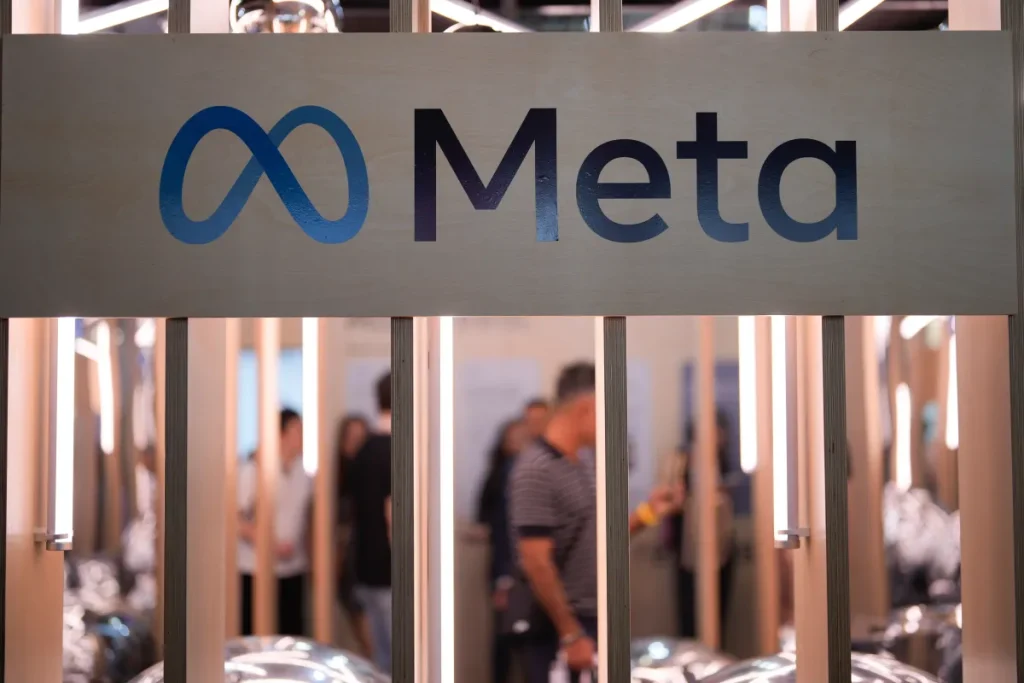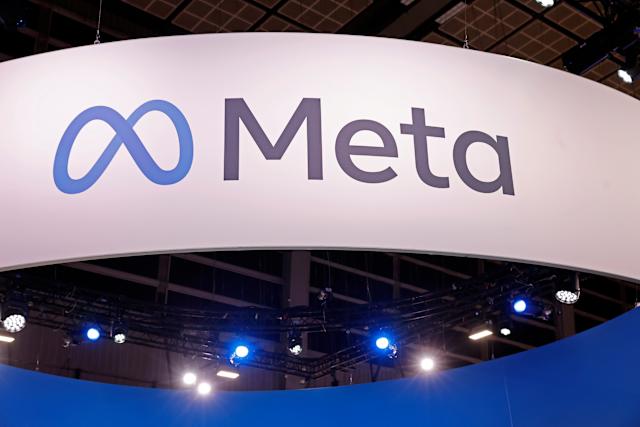The FTC just rested its case following weeks of testimony in a landmark antitrust case against Meta. But before Meta can begin its defense, the company’s lawyers have opted for another move: asking the judge to throw out the case entirely.
Meta Pushes for Dismissal
On Thursday, Meta’s legal team filed a motion urging U.S. District Judge James Boasberg to throw out the FTC’s lawsuit. The company argues that the FTC has failed to prove Meta engaged in anti-competitive behavior.
“Meta has created two promising mobile apps with uncertain futures—apps that have since become global successes, used by nearly half the world’s population, including hundreds of millions of Americans, completely free of charge and on-demand,” the motion states. “The FTC has not met its burden to prove Meta is currently violating antitrust laws.”
Defending Growth Through Investment
Meta’s argument mirrors its earlier stance: that Meta’s investments and innovation fueled the growth of Instagram and WhatsApp into billion-user platforms. The company also disputes the FTC’s assertion that Meta dominates the market for “personal social networking services,” claiming the FTC has ignored viable competitors.
According to the FTC, Meta’s main rivals are limited to Snapchat and MeWe—a relatively obscure, privacy-focused app built on decentralized protocols. Meta contends this view is far too narrow.

High-Profile Testimonies Reveal Inner Workings
The trial, now spanning a month, has featured testimony from several prominent current and former Meta executives. CEO Mark Zuckerberg, former COO Sheryl Sandberg, and Instagram cofounder Kevin Systrom have all taken the stand.
Their testimonies have offered rare insights into Meta’s internal strategies and decision-making processes, shedding light on how the company has worked to maintain its dominant position in the social media landscape.
FAQ’s
What is the FTC’s main accusation against Meta?
The FTC alleges that Meta has engaged in anti-competitive practices by acquiring and maintaining control over Instagram and WhatsApp, reducing competition in the personal social networking space.
Why is Meta asking for the case to be dismissed?
Meta argues that the FTC hasn’t provided sufficient evidence to prove the company is currently violating antitrust laws.
What does Meta claim about its apps’ success?
Meta contends that Instagram and WhatsApp succeeded due to their investments and innovation, not monopolistic behavior.
Who has testified during the trial?
Key witnesses include CEO Mark Zuckerberg, former COO Sheryl Sandberg, and Instagram cofounder Kevin Systrom, offering insights into the company’s operations and competitive strategies.
Who are Meta’s competitors, according to the FTC?
The FTC identifies Snapchat and MeWe as Meta’s primary competitors in the personal social networking market.
Conclusion
The FTC’s antitrust case against Meta marks a pivotal moment in the ongoing debate over tech monopolies and market dominance. With the regulator resting its case, Meta has responded with a strong motion to dismiss, arguing a lack of evidence and highlighting its role in the growth of Instagram and WhatsApp. As the legal battle unfolds, testimony from top executives has provided a rare insight into Meta’s strategies. The judge’s forthcoming decision will be critical in shaping the future of digital competition enforcement.


